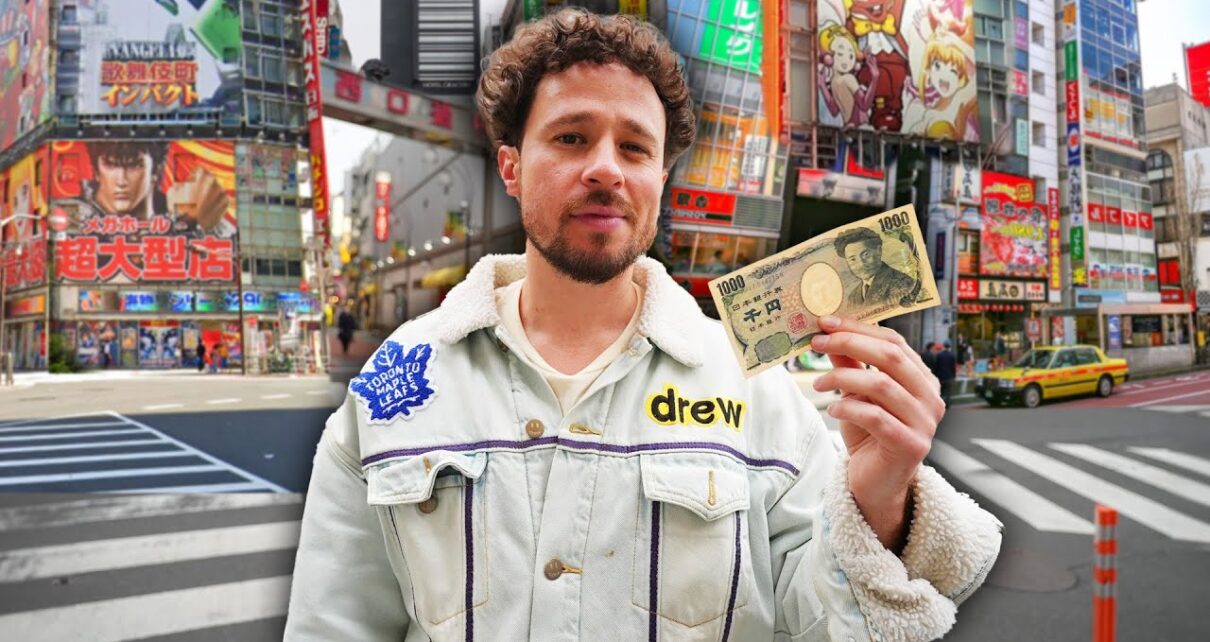How Japanese Mafia Casinos Operate: The Intriguing World of Pachinko 🎰🇯🇵
Japan is known for its unique blend of traditional culture, cutting-edge technology, and a distinctive approach to gaming. One of the most fascinating elements of Japan’s gaming landscape is Pachinko, a mechanical game that combines elements of pinball and slot machines, which has become entrenched in the country’s recreational activities. However, beneath the glittering surface of Pachinko parlors lies a complex network that has historically been linked to organized crime, specifically the Yakuza, Japan’s infamous mafia.
The Pachinko Phenomenon
Pachinko parlors can be seen in cities across Japan, with brightly lit signs and loud, captivating sounds emanating from within. As of recent reports, there are over 12,000 Pachinko establishments in the country, attracting millions of players annually. The basic premise is simple: players purchase steel balls, which they then send into a pinball-like machine in hopes of winning bigger prizes, typically in the form of more steel balls.
The balls can, theoretically, be exchanged for prizes, yet due to Japan’s strict gambling laws, they cannot be directly exchanged for cash. Instead, players can trade their won balls for prizes like toys or electronics, which can then be taken to an adjacent establishment, often operated by the same owners, where these prizes can be converted into cash. This gray area of legality has allowed Pachinko parlors to flourish while keeping them nominally compliant with Japanese law.
The Yakuza Involvement
While Pachinko parlors may seem like innocent entertainment venues, they have historically been intertwined with the Yakuza, the organized crime syndicates in Japan. Many Pachinko parlors are believed to have ties to these niaganis organizations, which operate through intricate and often discreet methods to control and profit from the gaming landscape.
-
Direct Ownership and Operation: Some Pachinko parlors are directly owned by Yakuza members, allowing them to earn substantial profits from gambling activities. Through intimidation and the manipulation of local politics, these groups can maintain an almost monopolistic control over the Pachinko business in certain areas.
-
Loan Sharking and Illegal Betting: The Yakuza often engage in loan sharking, providing players with quick loans with exorbitant interest rates to fund their gambling activities. Failure to repay these loans can lead to intimidation or violence, creating a cycle of dependency on the Yakuza for players who find themselves in financial trouble.
-
Money Laundering: Pachinko parlors serve as a significant avenue for money laundering operations. The conversion of balls won for prizes that can easily be exchanged for cash makes it an effective method for cleaned ‘dirty money’. This has given rise to further scrutiny and investigations into the operations of Pachinko parlors and their ties to organized crime.
- Corruption and Collusion: There have been longstanding allegations of corruption involving local politicians and law enforcement that allow Pachinko parlors to operate with relative impunity. The Yakuza may exploit these connections to manipulate regulations and prevent interference from authorities.
The Changing Landscape
In recent years, the gaming industry in Japan has undergone significant changes, particularly with the legalization of integrated resorts (IRs) and casinos. This shift marks a new chapter in Japan’s gambling narrative, prompting both opportunities and challenges for Pachinko establishments tied to the Yakuza.
With increased scrutiny and the government’s push for a regulated gaming environment, the role of the Yakuza in Pachinko may diminish. Some parlors have begun to sever ties with organized crime to maintain a positive public image and secure their place in Japan’s evolving gambling ecosystem.
Conclusion
The world of Pachinko presents a fascinating yet complex intersection of entertainment, cultural tradition, and organized crime. While Pachinko parlors continue to thrive as a popular pastime for many, the shadow of the Yakuza looms large over the industry. Understanding these dynamics is crucial for both players and regulators alike as Japan navigates the fine line between fostering economic growth through gaming and combating organized crime.
As Japan’s gaming landscape evolves further, the fate of Pachinko—and its notorious connection to the Yakuza—remains an intriguing narrative that continues to unfold.

